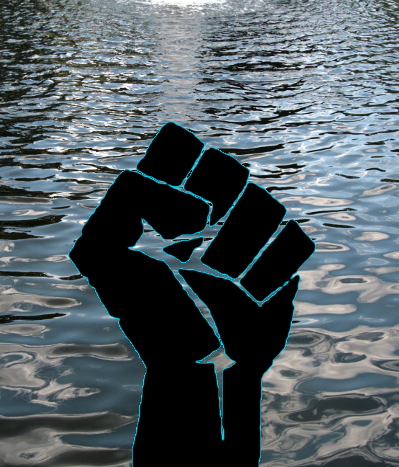Murray moves worry residents
 There are calls for compensation this week as the MDBA prepares to increase groundwater withdrawals in NSW.
There are calls for compensation this week as the MDBA prepares to increase groundwater withdrawals in NSW.
Amendments to the Murray-Darling Basin Plan could see up to 180 gigalitres extra extracted from underground resources in parts of NSW and eastern Victoria.
The Murray-Darling Basin Authority (MDBA) says extensive research done has shown that the additional water removal would have no significant impact on the environment or current water users.
“We got a panel of groundwater experts together and their advice back to the MDBA was that we could increase the amount of water that could be potentially taken from these resources if we increase the amount of management that's in those systems,” said Director of Groundwater Management Peter Hyde.
“So along with the increase of potential groundwater take we're actually increasing the amount of management that's required.
“The additional rules will protect the environmental resources that are there but also protect the water users that are there at the moment.
“In this area and north of here in north western New South Wales the water is quite saline, so it's not really suitable for irrigated agriculture for example.
“It's more industrial purposes — there's potential for additional sand mining.
“In the Victorian part of the increase most of that's for irrigated agriculture, so that's pretty good quality water.”
But the Murray Lower Darling Rivers Indigenous Nations group says some were left out of the consultation process, and could face new costs.
“Our understanding is that that increase is largely driven by a demand for water to supply mining in western NSW,” Executive Officer Will Mooney said.
“There are certainly some concerns; the concerns range from the consultation process itself.
“Some traditional owners have felt they haven't had the opportunity to adequately understand the changes and also to consult with their broader community.
“There are also certainly concerns about the impact of increasing groundwater extraction from that area particularly when the traditional owners aren't seeing an equal share of the benefit of that extraction.”
Barkinji woman Sophia Pearce told the ABC that Indigenous communities should be compensated if their sacred water is disturbed.
“What's the improvement for our own social capital? How do we build that out of mining of resources that are on our homelands and are very sacred to us?” she asked.
“If you're going to go and destroy those sacred waterholes or the groundwater that exists to maintain out water spirits, then we should be adequately compensated for the fact that we will no longer have access to country.”







 Print
Print